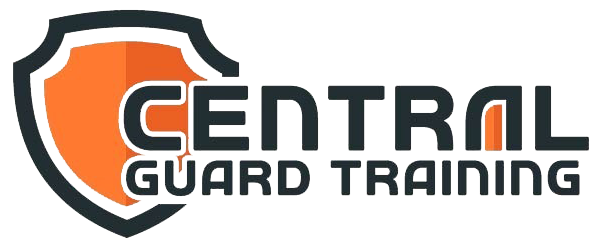
Five typical security guard job kinds
Commercial buildings, parking enforcement, hospitals or healthcare facilities, prisons, and airport security are just a few of the many locations that require security officers or agents. Although the primary responsibilities of a security guard in Canada may be comparable throughout these various positions, the particular job requirements vary according on the security industry you select. Before selecting a position that suits you, let’s examine the primary responsibilities of typical security guard positions so you know what to anticipate.
Security guard for commercial buildings
Security personnel working in commercial facilities, such as malls or offices, are sometimes tasked with monitoring a sizable area with a high population density. Large commercial buildings, such as those found in the downtown areas of most Canadian cities, sometimes have numerous entrances and exits connected to spacious parking lots. There are several buildings next to each other, and during regular business or retail hours, people are probably constantly coming and going from each building.
You would probably be working with a group of security guards in a commercial security guard position all the time, and you would have to keep in regular contact with your coworkers to make sure that everyone is aware of what is going on in various parts of the property.
It’s also likely that several security personnel are present at each facility, offering security services in various capacities. The most popular ones are access control, mobile patrol, and dispatch.
Mobile patrol security officers patrol a building’s outside and interior. Larger properties might designate a specific region for a single guard or a team of two. A mobile guard may use a security truck to drive around the outside of a building in order to patrol more efficiently and cover more ground in less time. Parking lot surveillance is occasionally the responsibility of mobile patrol guards.
Ensuring that only authorized individuals are entering an area is the responsibility of access control personnel. This position, for example, would normally be seated at a front desk and oversee access through a prescreening procedure, frequently requesting identification and/or verifying the reason for entry.
Enforcement of parking
Public parking lots close to business locations and activities, such office buildings, campuses, and hospitals, are secured by parking enforcement, but private residential parking lots may also be subject to enforcement.
Controlling access to the area, conducting security patrols, and offering manual or computerized ticketing services are often the primary objectives of parking enforcement. Parking enforcement occasionally offers safe walk services, such as at parking lots on college campuses or office buildings (escorting someone to their vehicle after hours or to avert a potentially dangerous situation).
Enforcement of parking
Public parking lots close to business locations and activities, such office buildings, campuses, and hospitals, are secured by parking enforcement, but private residential parking lots may also be subject to enforcement.
Controlling access to the area, conducting security patrols, and offering manual or computerized ticketing services are often the primary objectives of parking enforcement. Parking enforcement occasionally offers safe walk services, such as at parking lots on college campuses or office buildings (escorting someone to their vehicle after hours or to avert a potentially dangerous situation).
Security guard for a hospital or healthcare facility
The safety and integrity of the building and its surroundings are the responsibility of hospital or healthcare security personnel. In addition to keeping an eye on visitors entering and leaving the building, hospital security officers also patrol the area and manage access to specific parts of the facility to protect patients and medical personnel. Hospital security personnel frequently work alternate shifts, including overnights. Medical facility security personnel are also crucial in examining patients and employees for infectious diseases or other sources of infection that could jeopardize the facility’s integrity.
Because of this, you will probably be expected to have some degree of WHMIS and first aid training, as well as the capacity to show that you can handle people in distress.
A correctional officer
Correctional officials are crucial to the security sector as well. Because correctional facilities require security around-the-clock, every day of the week, correctional officers usually work rotating shifts. The special responsibility of a correctional officer is to strike a balance between an inmate’s custody and rehabilitation requirements and the facility’s security. De-escalation training is essential for this position, as it is for the majority of security positions.
Security at Airports
Professionals in airport security must be ready for a high-paced work environment where success depends on one’s ability to solve problems and make judgments promptly. Airport security officers can carry out a wide range of duties both within and outside the airport. For example, certain security personnel are in charge of looking for unusual activity at baggage areas and airplane terminals. They occasionally utilize canines trained to sniff out different illegal chemicals to inspect baggage. Other security roles could involve conducting sporadic security checks on people in the airport or checking travelers and their belongings prior to their departure.
Access to restricted locations, such the airfield and traffic control towers, is also managed by airport security personnel.
Selecting a security-related career
You can pursue a wide range of security-related occupations with even the most basic security guard training. Even if you begin your career in a more specialized area of security, the majority of the skills you acquire on the job may likely be applied to other security positions. This is one of the nice things about the security profession. There are no limits to the adaptability of a security guard career, and with so many different kinds of jobs accessible, you’re likely to discover one that suits your unique professional objectives.



